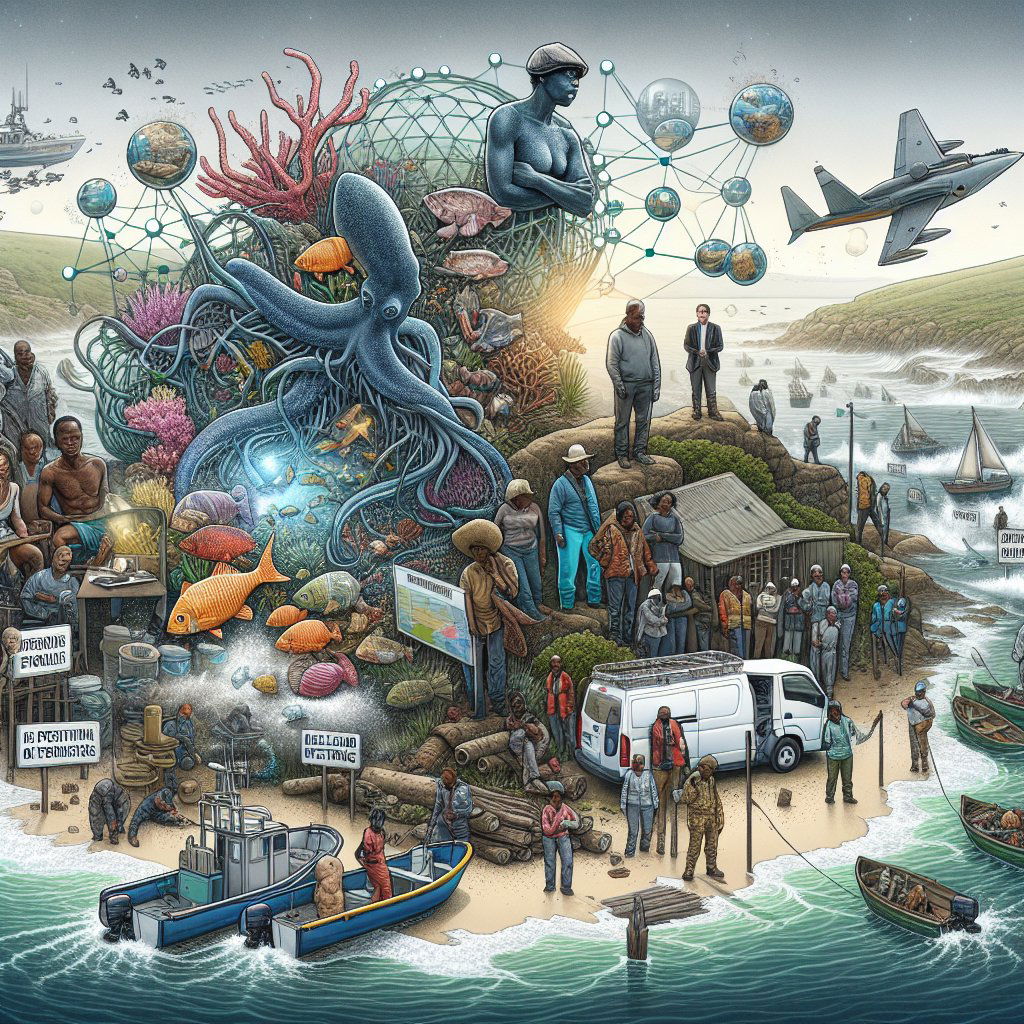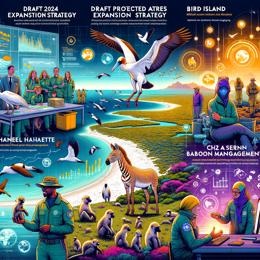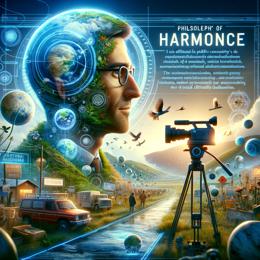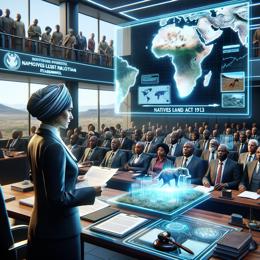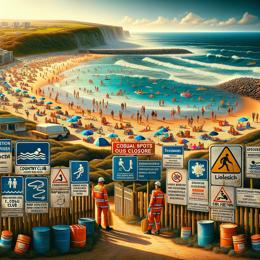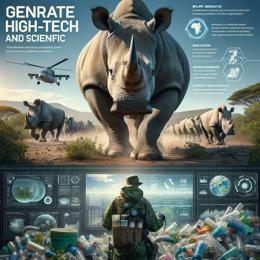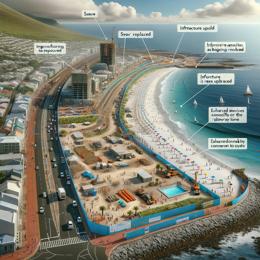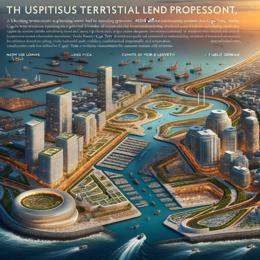Image created by AI
The Tides of Injustice: South Africa's Mismanaged Marine Protected Areas
In the shadows of the expansive and biologically rich waters of the Pondoland Marine Protected Area (MPA) on South Africa's Eastern Cape coastline, a deep-rooted issue festers. While illegal fishing boats exploit the marine sanctuary unabated, the same protection is not afforded to local fishers. These community members, whose livelihoods are intertwined with the sea, face barriers to sustainable use of these resources through delayed permit issuance and tough enforcement.
Activists like Sinegugu Zukulu of Sustain the Wild Coast, and academics such as doctoral hopeful Jamila Janna, are vocal about the systemic issues affecting MPAs. Their advocacy highlights the contradictions within the management of these sanctuaries: the lack of prompt responses to illegal activities and the counterproductive criminalization of subsistence fishing.
These frustrations are echoed by renowned fisheries scientist Dr. Bruce Mann and US-based Mission Blue's chief scientist, Dr. Tessa Hempson. Both emphasize the necessity of community buy-in for effective protection of marine environments. However, ineffective oversight by responsible government entities such as the Department of Forestry, Fisheries and the Environment (DFFE) continues to undermine conservation efforts.
The story of MPAs in South Africa is not just about environmental preservation; it speaks to a broader narrative of social inequality and the need for holistic management approaches that honor the rights and knowledge of local communities. As these communities vie for their role in maintaining the health of the oceans, the government faces the imperative task of balancing ecological stewardship with social justice.
